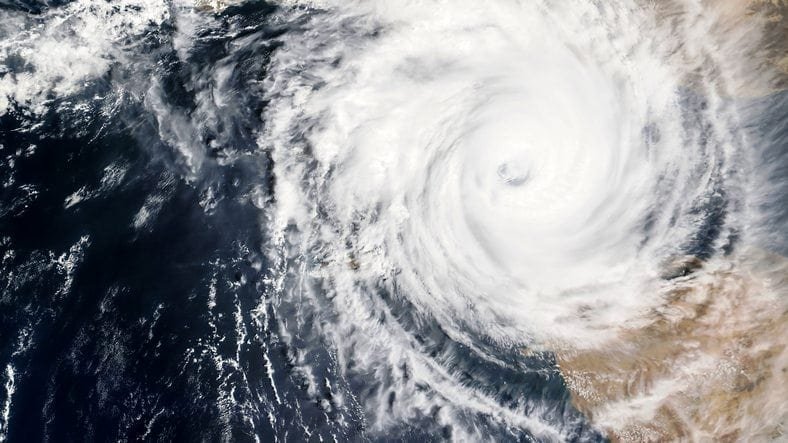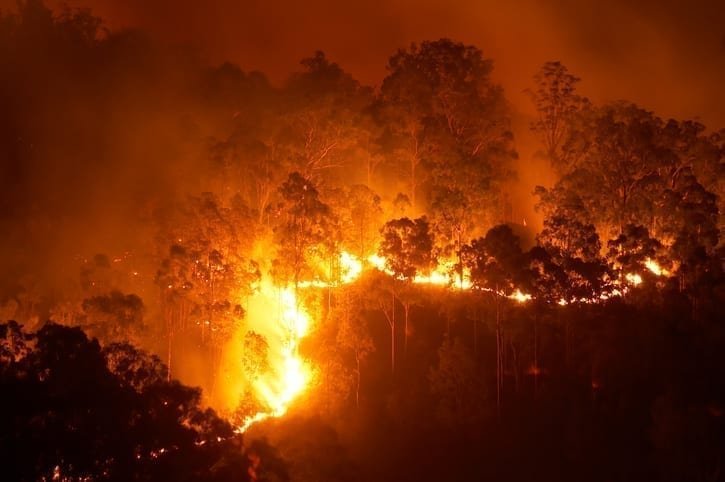This article first appeared in our Love issue of My Green Pod Magazine, distributed with The Guardian on 09 April 2021. Click here to subscribe to our digital edition and get each issue delivered straight to your inbox
As consumers we have all the power: today’s shopping, travel, transport and hospitality companies are underpinned by a philosophy that convenience is king and the customer is always right.
Unfortunately, the result is that consumer businesses are responsible for 25% of global emissions.
If operating models, supply chains and consumer expectations don’t change soon, we’ll all have to experience the social, economic and political consequences of a less stable climate.
Business as a force for change
Deloitte joined together with the Met Office to explore four plausible future scenarios, and to imagine business as a force of change leading customers on a journey to net zero.
At many levels, the issue with modern consumerism is simply the volume of consumption; as a society we are churning through goods at pace, discarding products not because they have ceased to function but because they ceased to reflect the latest trends.
This linear model of consumerism – take, make and waste – is by definition unsustainable; according to the Global Footprint Network, we live in a way that requires the resources of 1.6 Earths.
Consumers and businesses recognise the need for change. As consumers we need to reduce overall consumption and buy sustainably produced products; we are increasingly demanding that businesses create products that don’t cost the Earth.
Consumer businesses are naturally tied to the wants of consumers, but other drivers also play a major role in shaping their operating models.
With a flurry of global net zero targets, businesses operating in almost every major market will have to ensure their operations are compatible with ambitious climate targets set by local regulators.
Investors, also tied by national (and their own) net zero targets, are also putting pressure on businesses to reduce their environmental impact.
This has led many companies to reimagine their offering and drive towards evermore responsible business. Consumer goods brands are increasingly implementing carbon labelling for their products, helping customers to better understand the emissions footprint of the goods they purchase.
We’re seeing businesses really grasping the issue and leading the charge as we build up to COP26.
Meaningful action
Behavioural change at the scale required can’t be achieved by governments, consumers and businesses acting in isolation. The problem of climate change is multi-faceted, and to address it we need to accept that we all have a part to play.
Governments have committed to ambitious decarbonisation targets; businesses need to respond to consumer demand and match this ambition now, with bold climate targets matched by meaningful action in the short term.
Tackling climate change requires business to look beyond short-term investor goals and ask itself whether its model rewards investors at the price of damaging the world for everyone.
Even through the lens of shareholders, businesses should think about whether their operations are viable in the medium to long term. Can their operating model still function just five or 10 years into the future?
Deloitte research shows that, while 91% of business leaders say that climate change has already affected their business and 84% are very concerned on a personal level, just 23% of the same sample thought business should lead the change.
While business alone cannot address all the challenges ahead, business does have a leading role to play in addressing both the mandate for, and the opportunity in, transformation.
Impacts on supply chains
Impact on profits from incidents associated with climate change are by no means new.
Due to globalisation, events in one part of the world can have significant knock-on effects for supply chains.
This was demonstrated back in 2011 when floods in Thailand hit production for two major car manufacturers; since then globalisation has only further integrated supply chains.
 Play Video about This Rock Might Just Save The World
Play Video about This Rock Might Just Save The World Play Video about Play 2 hours of rock
Play Video about Play 2 hours of rock Play Video about Play 2 hours of brook
Play Video about Play 2 hours of brook Play Video about Play 2 hours of sheep
Play Video about Play 2 hours of sheep















































